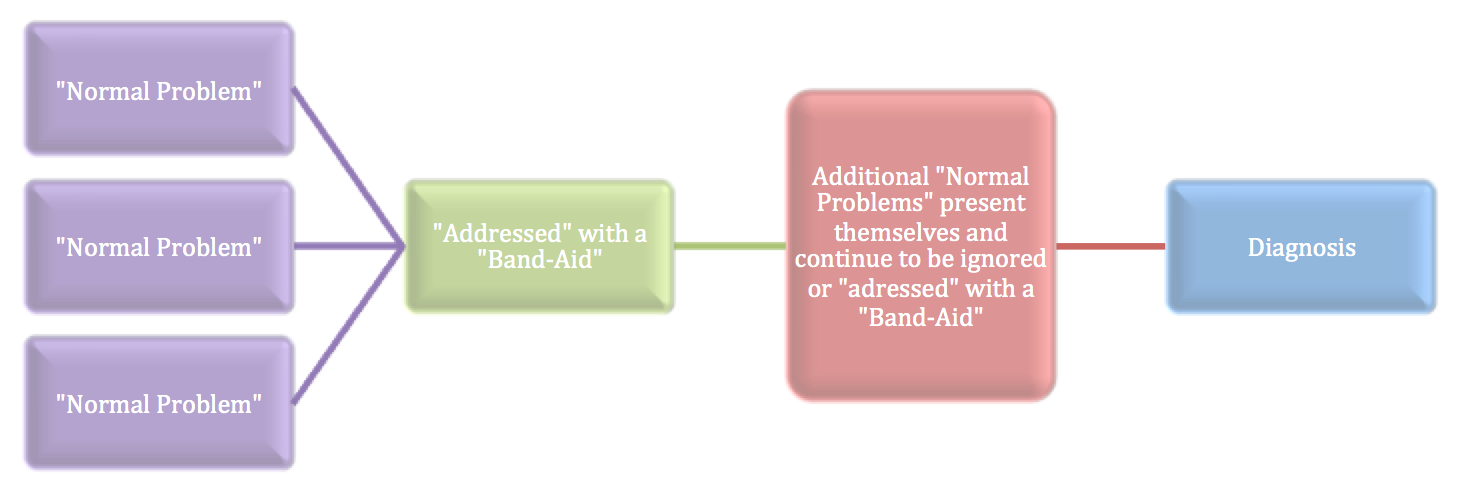Hi friends!
Well it’s been a while since my last post. All is well. In going to my support groups, I’ve been thinking about what I’ve learned since all of this began just three month ago. There are things that I’m grateful for and things that really piss me off. Today, I’ll post about the things cancer has taught me, and I’ll save my rants and raves for another post.
1. When someone you care about gets diagnosed with something (anything), it’s hard to know what to say. For me, I know I would probably cry if I talk with someone about their scary diagnosis, so I know I’ve avoided it in the past. BAD KATIE! I now know that whatever I do/say, I need to do/say something. Whether it is a call, a card, a text, an email, it doesn’t matter, just doing something to show that I care is what matters. Since my diagnosis, so many people have reached out to me (some that I’m close to, some that I’m not close to – even the checker at whole foods gave me a hug!!) and I have learned that people just want to know that others are rooting for them in their time of need. Obviously, I have the best team ever, because I am constantly reminded of this. This was lesson number one and a lesson I needed to learn.
2. Don’t take a single moment for granted. While I know that I am going to be cancer free very soon and I am going to live a long and healthy life, hearing “it’s cancer” makes you think about your mortality. After one of my first doctors appointments, I had dinner with friends and family because I wanted to spend as much time as I have with people that are important to me. I remembering telling Jim, “Life is for living” which to means that I’d like to spend as much time as I can doing the things I love and spending time with the people I love.
3. Everything is normal, until it’s not. That was on a billboard about strokes that I used to pass on my way to/from Bauman College. For the first few weeks after my diagnosis, that saying came back to me many times because it definitely suited the situation. I feel like, at times, I took my health for granted, and once I was no longer healthy I wished that I had been better to myself (eating, sleeping, exercise, etc.).
4. Get off my butt and exercise! I know that I am totally guilty of complaining about not wanting to workout or exercise after a long day of work or just because I’m feeling lazy. But now that my ability to exercise has been very limited, I wish so badly that I could go for a run, bike ride, hike, or swim. Looking into the future, when I feel like skipping out on my exercise, I’m going to remember this time and make myself do it. PLUS, exercise is super important in disease prevention/reduction of symptoms.
5. It’s okay to cry. Whenever. For whatever reason(s).
6. The people that are most important in my life are the people that have been supportive through my time of need. People that haven’t been supportive, aren’t people that I need in my life. True colors….
7. Dogs are awesome. Jax, Zoe, Izzi, and Pismo have been the BEST company to have with me each day. If you don’t have a dog, I highly recommend reconsidering that decision. 🙂
8. Being more grateful. I started my #100happydays project to help me with being more grateful for the good things in my life and the timing for the project couldn’t have been more appropriate. It has now become my #cancerbabeshappydays project and it has helped me to realize that being grateful and appreciating the good things is really valuable. (If you’re not on FB/IG, I try to post a picture of something that has made me happy each day and I include the hashtag #cancerbabeshappydays.)
9. It’s okay to ask for help. It’s also okay to be weak and vulnerable. It’s all a part of life. We’re in this together.
10. I have the best team. I know that I’ve said this before, but I really mean it, and it comes straight from the heart. You all are **AMAZING**. Thank you. I love you.
Well… that’s it. I don’t think I’ll ever be able to say that I’m grateful for cancer, because well, then I’d be a masochist. And I’m not a fan of the “everything happens for a reason” or the “it’s part of god’s plan” BS either (I’m agnostic). But I am grateful for the person that I’m becoming because of it. I have learned a lot and I know I will continue to do so.
XOXO
Katie
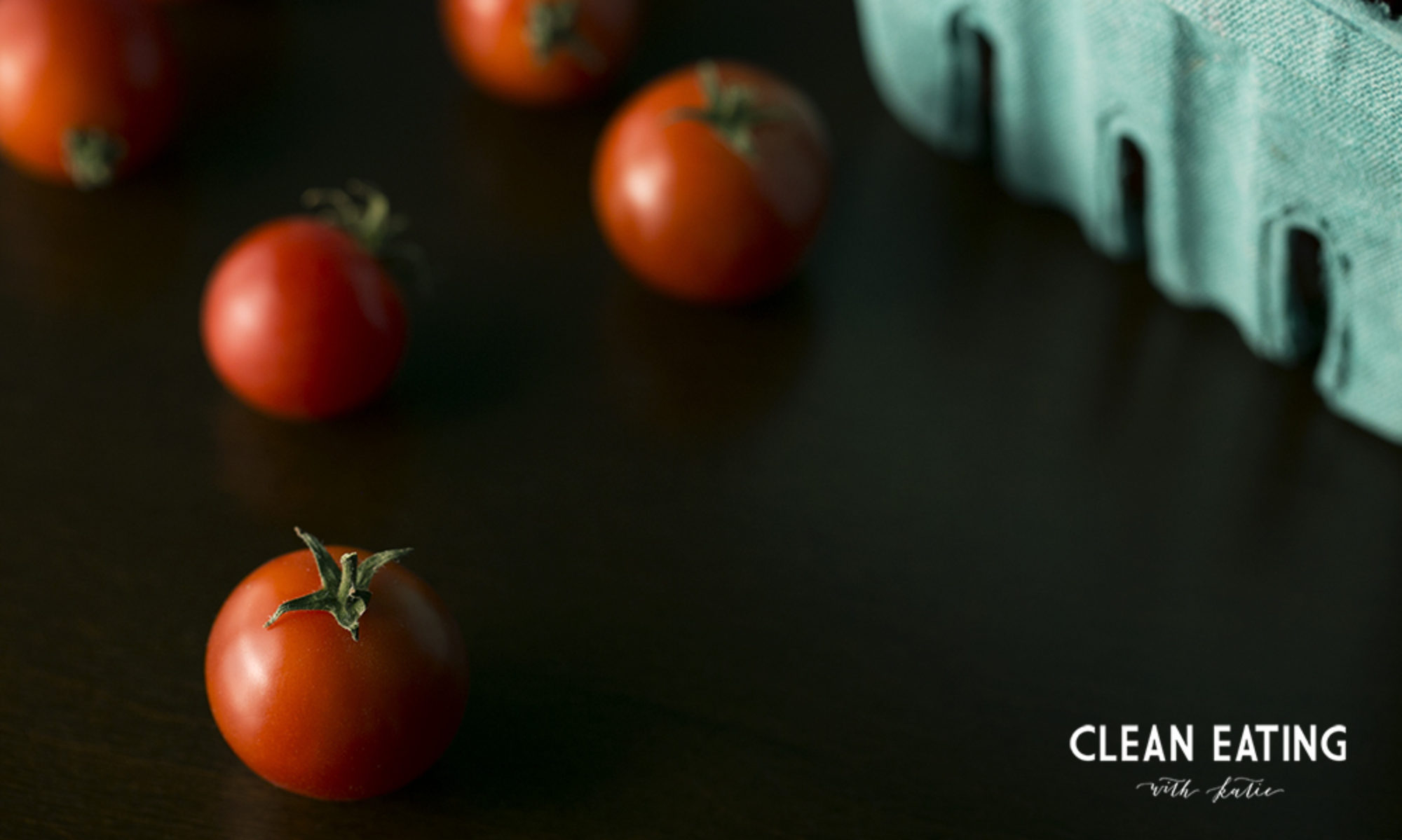
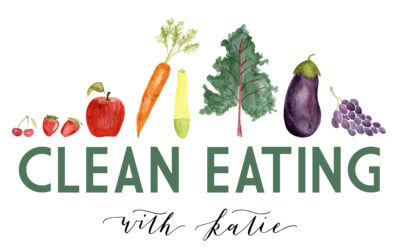
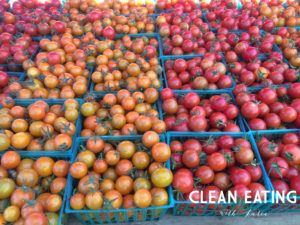 void of nutrients). So unless they are garden tomatoes or farmer’s market tomatoes, they are often mealy and are picked when green. The book
void of nutrients). So unless they are garden tomatoes or farmer’s market tomatoes, they are often mealy and are picked when green. The book 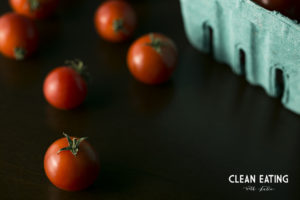
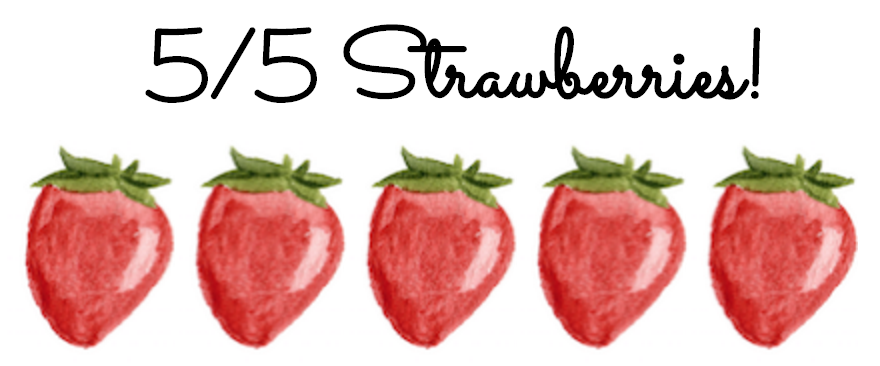 er tells readers what they can do to help keep cancer at bay, keep it from coming back, or to surpass a not-so-optimistic prognosis.
er tells readers what they can do to help keep cancer at bay, keep it from coming back, or to surpass a not-so-optimistic prognosis.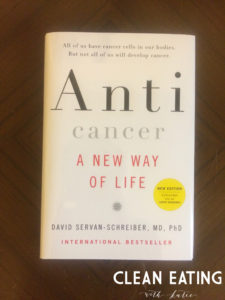 t’s how tumors are born. But our bodies are also equipped with a number of mechanisms that detect and keep such cells in check.” This quote instills a bit a fear in me, knowing that cancer can be happening to all of us, all the time, BUT it also inspires hope because it empowers each of us to know that we have the power to make changes in our bodies and our futures.
t’s how tumors are born. But our bodies are also equipped with a number of mechanisms that detect and keep such cells in check.” This quote instills a bit a fear in me, knowing that cancer can be happening to all of us, all the time, BUT it also inspires hope because it empowers each of us to know that we have the power to make changes in our bodies and our futures.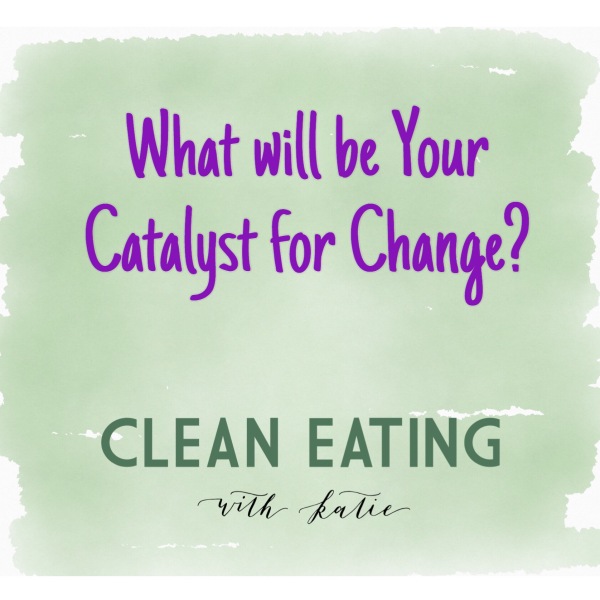 tell you this, but it’s cancer.” In the days, weeks, and months following my diagnosis, I asked myself what I could have, should have, and would have done differently. The list was endless: I would have been very strict about my monthly self-exams, I wouldn’t have taken the HRT (hormone replacement therapy) to help combat my cycle-driven migraines, I would have pushed my doctors to get that mammogram at age 30 that I had told myself I would get because I have a strong family history of breast cancer, I would not have taken countless rounds of antibiotics for acne as well as for sinus infections, I would have found ways to manage my stress levels more appropriately, and I would not have taken bottles and bottles of NSAIDs to deal with my headaches. I could go on, but I’ll spare you. (I’m definitely not encouraging people to blame themselves, but to wonder what we could have done differently is only natural.)
tell you this, but it’s cancer.” In the days, weeks, and months following my diagnosis, I asked myself what I could have, should have, and would have done differently. The list was endless: I would have been very strict about my monthly self-exams, I wouldn’t have taken the HRT (hormone replacement therapy) to help combat my cycle-driven migraines, I would have pushed my doctors to get that mammogram at age 30 that I had told myself I would get because I have a strong family history of breast cancer, I would not have taken countless rounds of antibiotics for acne as well as for sinus infections, I would have found ways to manage my stress levels more appropriately, and I would not have taken bottles and bottles of NSAIDs to deal with my headaches. I could go on, but I’ll spare you. (I’m definitely not encouraging people to blame themselves, but to wonder what we could have done differently is only natural.)